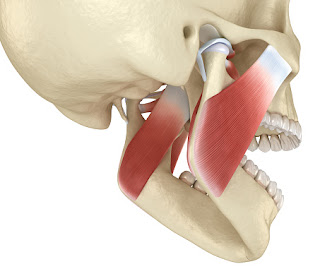Blood Test May Help Predict Post-Concussion
Military veterans with a history of three or more concussions were more likely to have high levels of exosomal and plasma levels of neurofilament light chain years after injury occurred, a cross-sectional study suggested.
Elevations of NfL, measure of axonal damage, were highest in veterans with repetitive traumatic brain injury who had symptoms of chronic post-concussion syndrome, post-traumatic stress disorder, and depression. Blood tests that include exosomal and plasma NfL markers may one day help predict which people with mild TBIs will take longer to recover.
Most concussions are single and uncomplicated, but a subset of individuals experience persistent post-concussive symptoms and substantial disability, noted Silvina Tonarelli, MD, of Texas Tech University in El Paso, and Davin Quinn, MD, of the University of New Mexico in Albuquerque, in an accompanying commentary.
Exosomes of other proteins like alpha synuclein are being studied as potential biomarkers in Parkinson's and other neurodegenerative diseases. In other disorders, including Alzheimer's disease and multiple sclerosis, blood levels of NfL have been shown to correspond with hallmarks of disease progression.
Excluded from the study were people with moderate or severe TBI, and people who had coma that lasted more than 30 minutes, amnesia that lasted more than 24 hours, traumatic intracranial lesion on head CT, or a history of major neurologic or psychiatric disorder.
Moreover, an increased number of years since first concussion correlated with higher levels of exosomal and plasma NfL. Years since first concussion also was linked to plasma VEGF, which may modulate inflammatory responses, and plasma TNF-α.
The study had several limitations, Kenney and colleagues noted. The sample size was relatively small and there was substantial variability in the number of years in which injury occurred.



Comments
Post a Comment